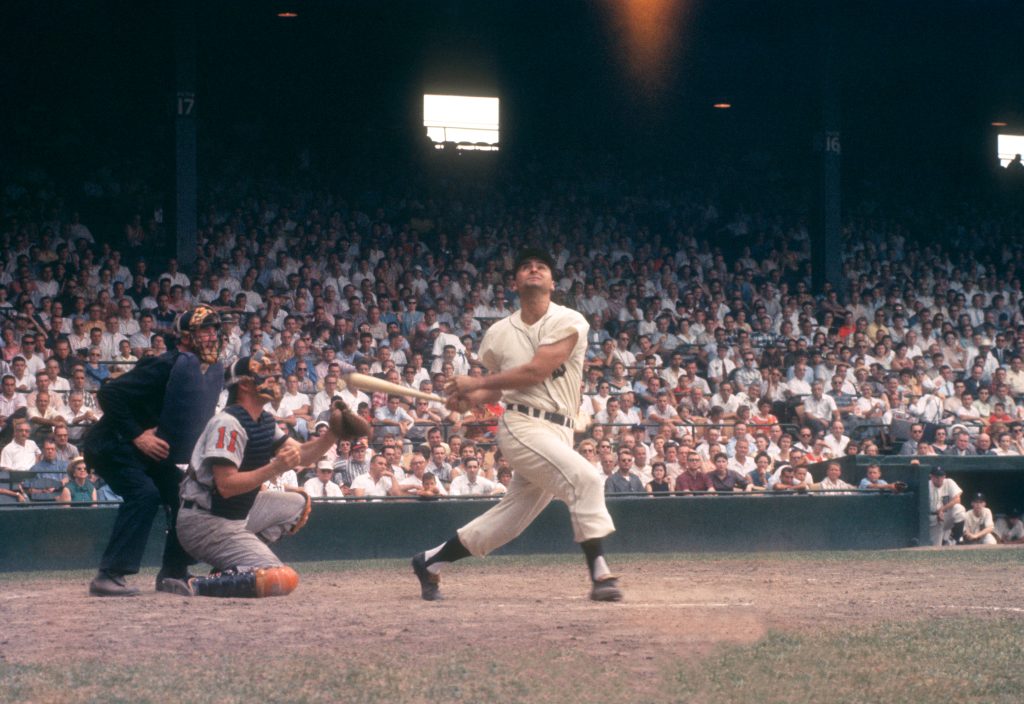Charles “Charlie” Maxwell, a revered figure in Major League Baseball and the oldest living alumnus of the Detroit Tigers, Chicago White Sox, and Boston Red Sox, passed away at the remarkable age of 97. His baseball journey, spanning 14 seasons, was marked by remarkable achievements, colorful nicknames, and an enduring legacy both on and off the field. Maxwell’s passing prompted an outpouring of condolences and remembrance from the baseball community, particularly the Detroit Tigers organization, where he spent his most productive years. His career, marked by two All-Star selections and a powerful left-handed swing, solidified his place in baseball history.
Born in Paw Paw, Michigan, Maxwell’s path to the majors began after a stint in the Army and a brief period playing for Western Michigan University. He signed with the Boston Red Sox in 1947, making his debut in September 1950. Playing time was limited in a Red Sox outfield that featured the legendary Ted Williams. His contract was subsequently sold to the Baltimore Orioles in 1954, where he played sparingly before being traded to the Detroit Tigers in 1955. This move marked a turning point in Maxwell’s career. Returning to his home state, he blossomed into a formidable force in the Tigers’ lineup.
Maxwell’s time with the Tigers, from 1955 to 1962, represented the pinnacle of his career. He quickly established himself as a reliable hitter and a fan favorite. In 1956, he achieved career highs in several offensive categories, including a .326 batting average, 28 home runs, and 87 RBIs, earning his first All-Star selection. He repeated his All-Star performance in 1957, further solidifying his reputation as one of the American League’s top outfielders. In 1959, Maxwell etched his name in Tigers’ history, hitting a career-high 31 home runs, a record at the time for a left-handed hitter in the franchise. He contributed significantly to the Tigers’ 101-win season in 1961, tying a franchise record.
Beyond his statistical accomplishments, Maxwell was also known for his clutch hitting, especially on Sundays, earning him the nicknames “Sunday Charlie” and “The Sabbath Smasher.” His most memorable Sunday performance came on May 3, 1959, when he hit four consecutive home runs in a doubleheader against the New York Yankees, a feat achieved by only a handful of players in the modern era. In 1959, he hit 12 of his 31 home runs on Sundays, the most by a Tigers left-handed batter until Norm Cash surpassed the mark two years later. Throughout his career, 40 of his 148 home runs were hit on Sundays, a statistic that further cemented his legendary status among Tigers fans.
In June 1962, the Tigers traded Maxwell to the Chicago White Sox, where he continued to contribute for three seasons before retiring in 1964 at the age of 37. After his playing career, he transitioned into the business world, working as an executive at a die-casting company that supplied the major Detroit automakers. His contributions to Michigan sports were recognized with his induction into the Michigan Sports Hall of Fame in 1997, further solidifying his legacy within the state.
Charlie Maxwell’s passing marks the end of an era in Major League Baseball. He will be remembered not only for his on-field accomplishments but also for his colorful nicknames, his clutch performances, and his dedication to the sport. He leaves behind a legacy that will be cherished by fans of the Tigers, White Sox, and Red Sox, as well as by anyone who appreciates the rich history of baseball. His remarkable longevity allowed him to witness decades of baseball history unfold, and his passing serves as a poignant reminder of the enduring impact of the game’s legendary figures.










